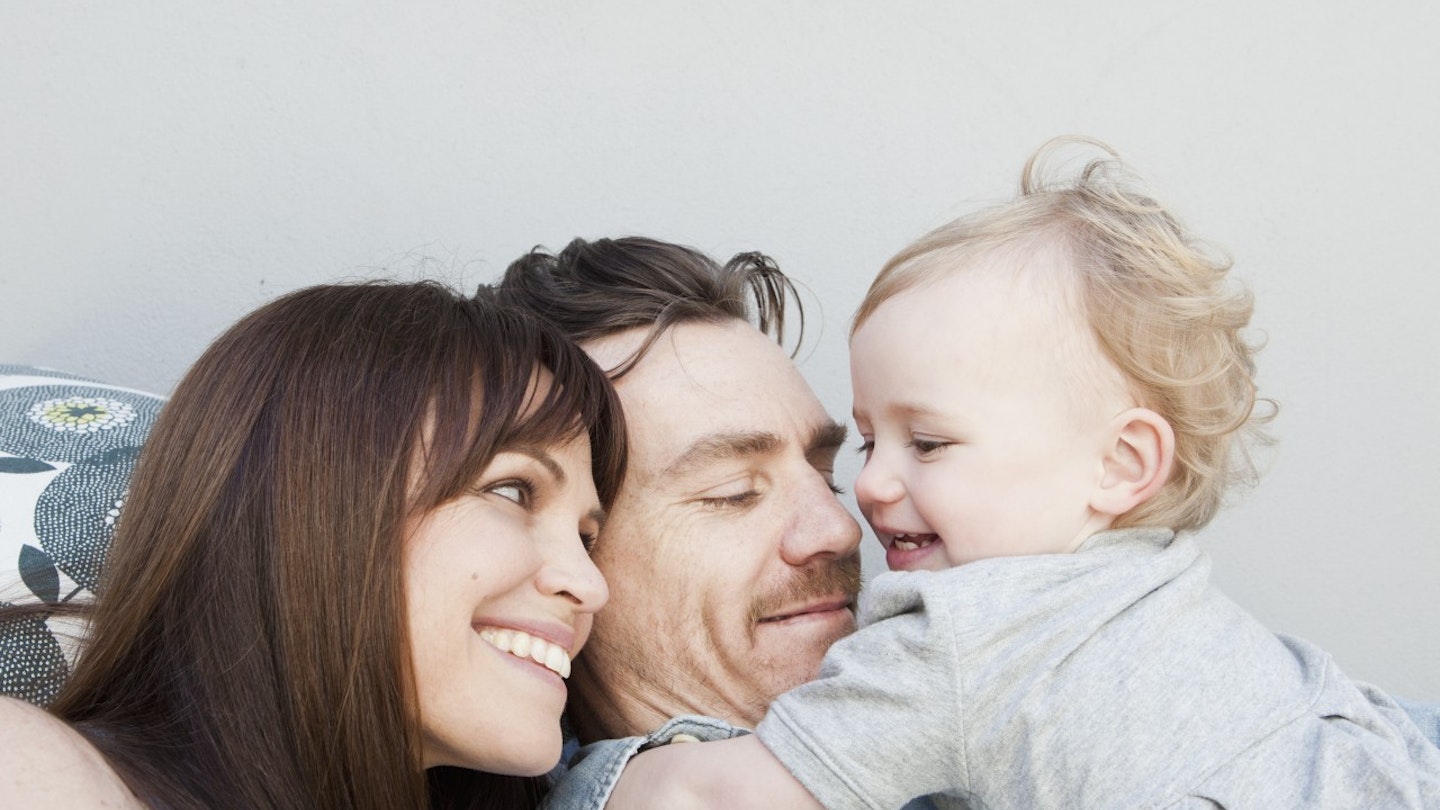Keep sane, healthy and awake – without the help of matchsticks or a full-time nanny
You. Need. Sleep. Too. For energy to run after your baby. For sanity, so you can remember what your health visitor just said. Hell, just to feel like you. Yes, we know getting your baby to sleep through is more important than anything, right now. But, believe us, whether it happens soon or not, you can boost your quality of sleep and energy levels.
1.Get a hit of daylight
Turn off the TV, bundle up your baby and get outside. ‘Exposure to early morning light has been proven to relieve stress and boost your mood, both key for creating a healthy sleep pattern,’ says Sammy. Your body's sleep-wake cycle will get reinforced as well, so you'll sleep better that night.
A study by Appalachian State University in the US found morning exercisers had better quality shut-eye at night as the workout releases stress hormones. So grab your trainers, pram and go for a wake-up walk.
2.Ditch the sugar prop
Four super-sized, double-shot lattes and a packet of chocolate digestives might fuel your day, but it can damage your sleep in the long run. 'Caffeine and sugary foods increase insulin production, causing blood sugar fluxes that leave you more tired and interfere with your night-time sleep,’ says nutritionist Juliette Kellow.
Avoid drinking more than three cups of coffee a day – and try switching one for a cup of peppermint tea. According to US research, just the smell of peppermint tea is enough to lower fatigue and frustration. As for your diet, keep healthy, easy-to-grab foods to hand. And hide the biscuit tin.
As for your diet, keep healthy, easy-to-grab foods to hand. And hide the biscuit tin
3. Share sleep duties
Parenting is a joint effort, so make sure the onus isn't all on you. ‘You can’t care for others if you don’t take proper care of yourself, and that includes getting enough sleep,’ says psychologist Emma Kenny.
Agree on a sleep plan with your partner. You might want to talk alternate nights, or even weeks. Even if you’re breastfeeding , you can still share responsibility. Once your milk is established, you can express and let your partner do some of the night feeds.
4. Trick yourself to go back to sleep
Managed to get your baby back to sleep, but can’t get there yourself? There's a real medical reason. ‘When you’re woken in the night by a crying baby, your body goes into overdrive and responds to these demands by producing more adrenaline,’ says Sammy. ‘Adrenaline allows you to override exhaustion – but only in the short term – and can prevent you from falling back to sleep quickly.’
So when you do need to get up in the night with your baby, have a book on standby so you can read yourself back to sleep. Reading for just six minutes calms the mind according to research, so you should find those eyelids are getting heavy in no time.
5. Stretch it out
Despite being exhausted at the end of the day, do you struggle to fall asleep? It’s vital to wind down before you go to bed, so ditch all the email checks and, yes, even Facebook from your phone at least 30 minutes before bed.
And practising gentle yoga stretches before bed is great for tired muscles and joints, ensuring your body is relaxed and ready for sleep.
6. Take a nap gap
You'll have been told to sleep when your baby sleeps. But if this nap gap is the only breather you'll get until bedtime, chances are you'll pop the telly on instead. A Harvard University study found a 26-minute snooze was enough to boost alertness by a whopping 54 per cent. Will this convince you?
Lie down for half an hour when your baby’s having his lunchtime nap. ‘Even if you can’t sleep, just putting your feet up and closing your eyes will help you recharge,’ says Julia.
7. Tackle mumsomnia
From how you’re going to stretch your maternity pay to concerns about your child’s development, many new mums spend the night staring at the ceiling, worrying.
Talk to your friends, partner, midwife or health visitor to ease your concerns. ‘If you’re worrying so much you feel as if you’re unable to cope, see your GP, as this could be a symptom of postnatal depression. It’s also vital to start saying ‘no’ more often.
‘When faced with something new, whether it’s baby swimming classes or a long drive to visit family, ask yourself, “Can I do this?” and “Do I even want to?”. If the answer isn’t yes, don’t do it,’ says Julia.
